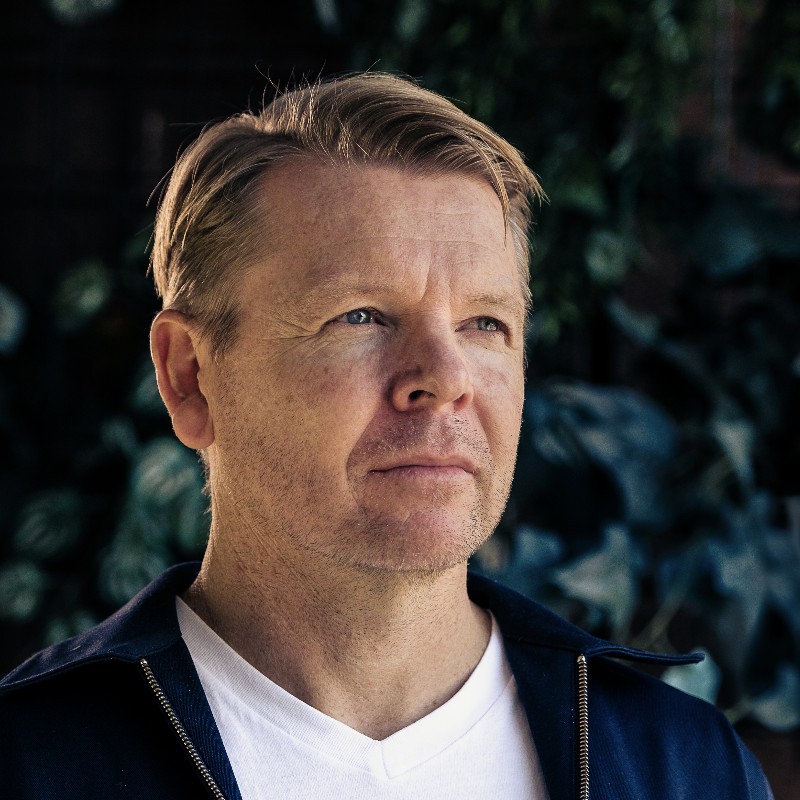When you're well-established in your career and your organisation, you tend to look at the job market the way a married person looks at the dating game: mostly brutal and arbitrary, with the vague promise of top-shelf excitement, if you're really lucky. As a new divorcee (career-wise), I'm discovering the parallels don't end there.
1. Check the mirror before you go on a date
You know how you look, professionally. Or, rather, you remember how you used to look. A lot may have changed since you last checked. Not just to you, but also the context in which your professional profile exists. Google yourself. Check the image, video and news tabs as well. This is how people will perceive you, and perception is reality. Groom and polish anything that is within your control.
2. Some people are old fashioned like that
“The résumé is dead,” said everyone. Probably the same people who administered the last rites to television. True, your résumé is now actually the sum total of your online presence. Even your ‘personal’ properties are fair game. That doesn’t mean you’ll be able to get away without a standard-format CV in either word or PDF format. Everyone still seems to want one “just to have in the system”, whatever that means.
3. Friends help at the very start. And at the very end
I’m fortunate to have worked with a lot of very talented, well-connected people and I’ve learned not to hesitate to ask for (or offer) help. When I decided to pursue a new role, I told my friends what I was looking for, and why. I didn’t post a status update, I used classic DM tactics: personalised, direct, one-to-one messages with a clear call to action. The most interesting ideas and introductions will come from your network and, as you close in on your perfect match, they’ll be there to offer a reference that’s both relevant and authentic.
4. Digital matchmakers are both useful and appalling
As much as LinkedIn is trying to broaden its use-case, recruiting is still its raison d'être. My experience has been wildly variable. I’ve had in-house recruiters and hiring managers approach me with interesting roles from solid organisations. I’ve also encountered a plague of recruitment consultants who seem to be vacuuming up candidate profiles and spamming them at random job listings. Avoid. If that’s your preferred approach, do your own spamming.
5. Look out for the high school sweetheart
We’ve all got at least one flame that refuses to die out. It’s no different for organisations, except in the recruitment game they’re called “the internal candidate”. I recently watched a friend invest three months in an interview process that involved 16 scheduled meetings across 3 continents, only to discover the organisation had their own candidate the whole time. They were just “making sure”. Many large organisations require hiring managers to present a shortlist to HR for vetting, even if the manager already knows whom they want. If you discover yourself in this situation, don’t ignore the opportunity completely, but be prepared for a horse run.
6. Have a wingman. Or three.
It is brutal. It is arbitrary. Maybe it’s even worse than dating. Save your sanity and have someone you can talk to, someone who can assure you that, despite all evidence to the contrary, you are not the common denominator in all your unsuccessful attempts to secure a new role. Unless, of course, you really are the common denominator. In that case, your wingman needs to be able to tell you. So I’d recommend either a great friend, or a neutral, trusted professional observer, like a mentor or a previous manager. Preferably both.
7. Dream a little
Don’t be afraid to send a love note to your professional hero, or an organisation you have a crush on. See if you just can’t punch above what you think is your weight. Even if you don’t convert this time, you’re actually setting up ‘the long romance’ for the role after the one you’re about to get.
8. Plenty of marriages are hook-ups that haven’t ended yet
Job security is a wonderful thing and some financial situations rely on it, but it’s also something of a myth. Depending on (or even despite), the laws or rules or the wording of your agreement, you can find your long-term career in a box by the end of the afternoon. Look at contract, consulting and freelance opportunities to try before you buy. You might even discover it suits. Then you’ll have the pleasure of hiring yourself.
9. Know your type. Or play the field
If you absolutely love the job you had, then go look for another one like that. But just maybe you only thought you loved the job you had. Maybe it fell out of love with you. Either way, if the honeymoon is over, embrace the opportunity to explore and experiment. I took my current career break as explicit permission to “see other people” and I wound up having a good long look at the industry as a whole. I’m starting to see the interesting opportunities are not where they’ve always been. It’s not easy and it is rarely straightforward. You’ll never feel more challenged, professionally, that when you’ve left one role and are yet to find the next. Particularly if, like me, it’s been a while. On the flipside, most talented people I know perform at their peak when under pressure. I’ll take that as my cue.
About Barrie Seppings:
Barrie Seppings is the Director of Creative Strategy at wordsearch, the world’s leading marketing network for architecture, property and real estate. His job is to develop stories for the built environment. Mentoring has joined ranting as one of his new hobbies. Connect with him on LinkedIn.
Latest.

AI adoption failing isn’t the tech, it’s the people. How smart businesses overcome this.
Technology, Thought Leadership, Industry Trends

Temp-to-perm is the best way to hire today.
Hiring Insights

How to keep top talent: Strategies for successful onboarding
Hiring Insights, Ask Aquent, Training Resources



